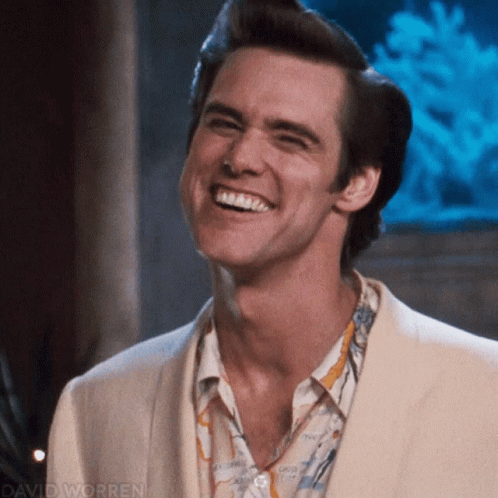
In one of my previous articles, I got a somewhat controversial response where the person was exposing that framing DAOs in legal issues was stripping it of decentralization. I don't think it is so, so black and white. On the contrary, there are necessary nuances.
Decentralized Autonomous Organizations (DAOs) have revolutionized how we make decisions and organize ourselves online. But what if we were to take this technology into the real world?
DAOs are a powerful tool for collective decision-making and online organization. However, their reach is wider than the virtual world. Bringing them into the real world could have enormous implications for how we do business, creating more efficient and fairer organizational models with a more equitable distribution of wealth, reducing bureaucracy, and improving efficiency in various sectors.
However, one of the main obstacles is the lack of adequate regulations, which could lead to problems in areas such as legal liability, labor protection, and taxation. Addressing these challenges is crucial before DAOs can effectively establish themselves in the physical world.
Improving efficiency through DAOs
Despite these drawbacks, there are already examples of DAOs that have leaped to the real world, whose members vote on decisions that affect the company and have autonomy from possessing the governance token.
Renewable energy: The Brooklyn Microgrid is a project that allows owners of solar energy systems in Brooklyn, New York, to trade surplus energy through a blockchain platform.
Agriculture and Food Production: Bushel is a blockchain-based platform that connects farmers, food producers, and consumers to optimize the supply chain and transparency in the food industry.
Education: Woolf University is a proposed decentralized blockchain-based university that seeks to offer more accessible and affordable higher education by allowing students and professors to interact and collaborate directly.
Real Estate: RealT is a platform that tokenizes real estate properties, allowing investors to purchase fractions of properties and receive rental income in a decentralized manner.
Event management: Evedo is a blockchain-based platform that seeks to decentralize the event industry by connecting organizers, venues, artists, and service providers in a transparent and efficient ecosystem.
Research and Development: The Ocean Protocol is a decentralized platform that enables researchers and scientists to share data and resources, fostering collaboration and innovation in scientific research.
Decentralization beyond virtual space
While these examples are promising, there are criticisms about how DAOs might adapt to the real world. The lack of centralized leadership can lead to inefficiencies and decision-making conflicts, especially when speed and agility are required.
To take full advantage of the potential of these organizations, we need to address the technical, legal, and organizational challenges we still face. As regulations adapt to this new reality, it will be easier to implement DAOs in the real world and enjoy their benefits.

